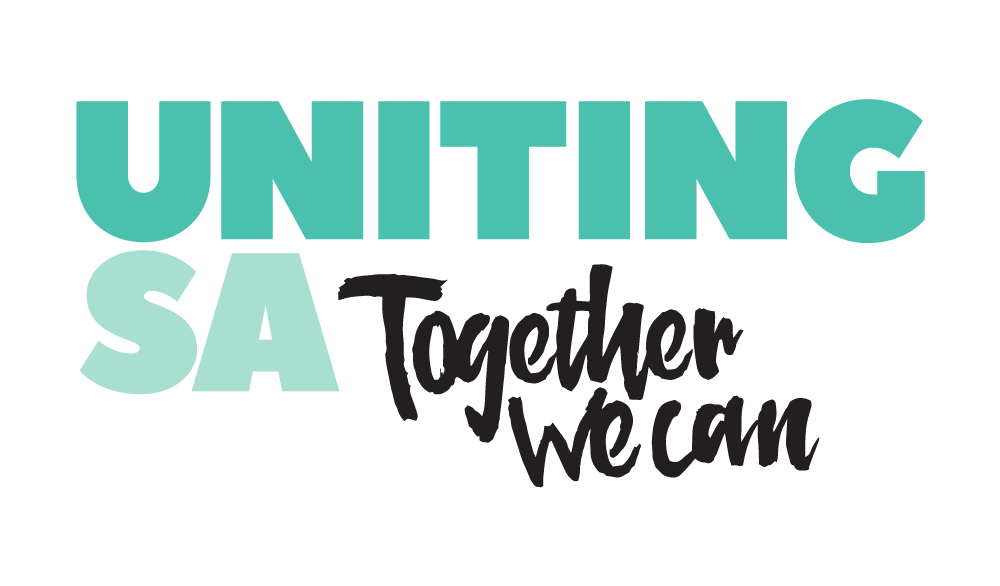One of South Australia’s leaders in community mental health support is thanking its frontline workers for their tireless work as Mental Health Awareness Month launches today.
In the 2021 census, mental health challenges were identified as Australia’s most commonly diagnosed long-term health condition (2,231, 543) closely followed by arthritis (2,150,396) and asthma (2,068,020)[i].
UnitingSA Acting CEO Dan Cox said its team of more than 50 psychosocial support workers were crucial in helping to meet the growing demand for mental health support.
“Psychosocial support programs offer people with a mental illness essential one-on-one support to help them manage their day-to-day lives and remain living in their own home and community,” Mr Cox said.
“Our psychosocial support workers play a critical role in improving the lives of people with mental health conditions to help prevent acute episodes and to reduce the number of people then entering the acute health system.
“As one of South Australia’s largest community mental health providers, UnitingSA has pioneered this specialised type of support in South Australia, launching its GP Access program in 2003 – among the first programs
“Psychosocial programs are focused on providing holistic support to help people experiencing mental health concerns manage their day to day living needs, from housing security through to relationships, so that they can achieve their goals and focus on recovery.
“Support can be anything, from helping to manage money and meals, to getting involved with community activities to help build confidence and coping skills and making sure participants get to medical appointments,” Mr Cox said.
Also Read: Putting lived experience at the heart of new mental health research
“This support is essential in helping people to manage daily activities, rebuild social connections, and participate in education and employment. These are all critical in helping lay the foundations for recovery and reducing hospital and emergency department attendance, which only adds to ramping and bed block.
“People struggling with their mental health can be referred to the free service by their GP, as the key objective of the program is to alleviate pressure on GPs to provide monitoring and support beyond their capacity.
“They can also be referred by other agencies or by self-referral.”
The state government-funded GP Access is currently only available in parts of the south and western suburbs.
UnitingSA also offers the Individual Psychosocial Rehabilitation and Support Service (IPRSS), a recovery orientated rehabilitation service delivered in partnership with Government Mental Health Services.
Also Read: New chapter in Aged Care at UnitingSA
Last financial year, UnitingSA helped nearly 500 South Australians through its mental health programs.
“These are critical programs that are really helping South Australians to not only recover, but to live well, participate and flourish in their communities,” Mr Cox said.
Each year in South Australia there are around 20,700 mental health presentations to emergency departments, with 9,200 acute admissions to hospital beds[ii].
Around 15 per cent of those people are readmitted within 28 days of being discharged, simply because they need support in their community to cope with the challenges of everyday life to stop them from spiralling back into the acute system[iii].
The current average costs to provide care in the hospital setting in South Australia are higher than the national average. Across Australia, the average cost per inpatient bed day in a psychiatric hospital (non-acute wards) was $953.78, compared with a cost per day of $1,554.25 for South Australia[iv].
“Without these types of psychosocial support programs and workers, South Australians battling mental health issues will continue to call ambulances in crisis,” Mr Cox said.
“Today, we thank the very dedicated people in our workforce who remain focused on providing this critical support to the people in our community who greatly need it.”
[i] Australian Bureau of Statistics (ABS)
[ii] [iii] [iv] Mental Health Coalition of South Australia (MHCSA)
Need help now?
If you require urgent mental health support, or are experiencing a mental health emergency or crisis, please get in touch with one of these support services.
Lifeline: 13 11 14 or lifeline.org.au
Suicide Call Back Service: 1300 659 467 or suicidecallbackservice.org.au
Beyond Blue: 1300 224 636 or beyondblue.org.au
Kids Helpline: 1800 551 800 or kidshelpline.com.au
headspace: 1800 650 890 or headspace.org.au
ReachOut: ReachOut.com
More resources can be found at the Mental Health Coalition of South Australia website.
If you are experiencing a medical emergency or are in immediate danger, call 000.
